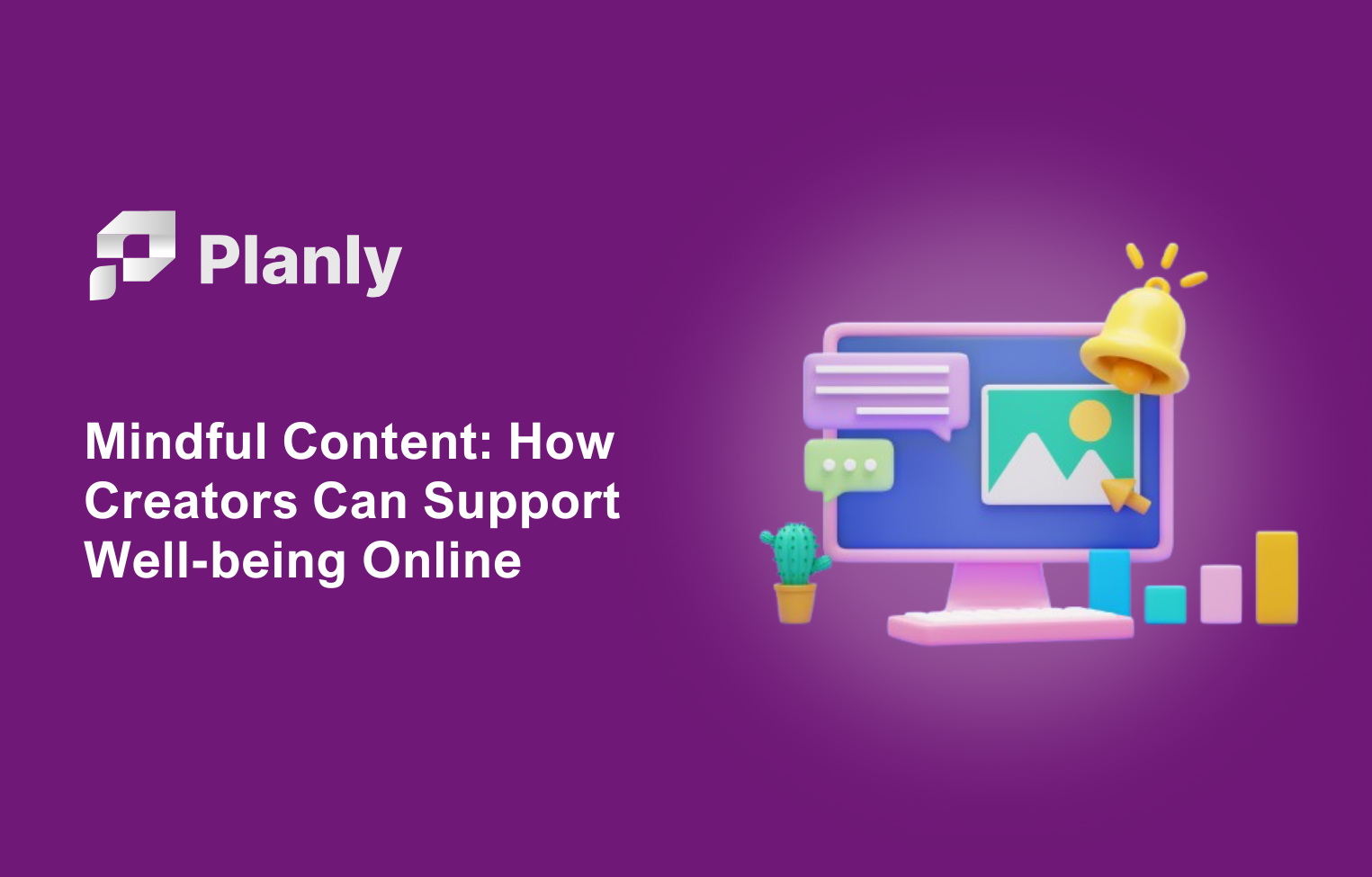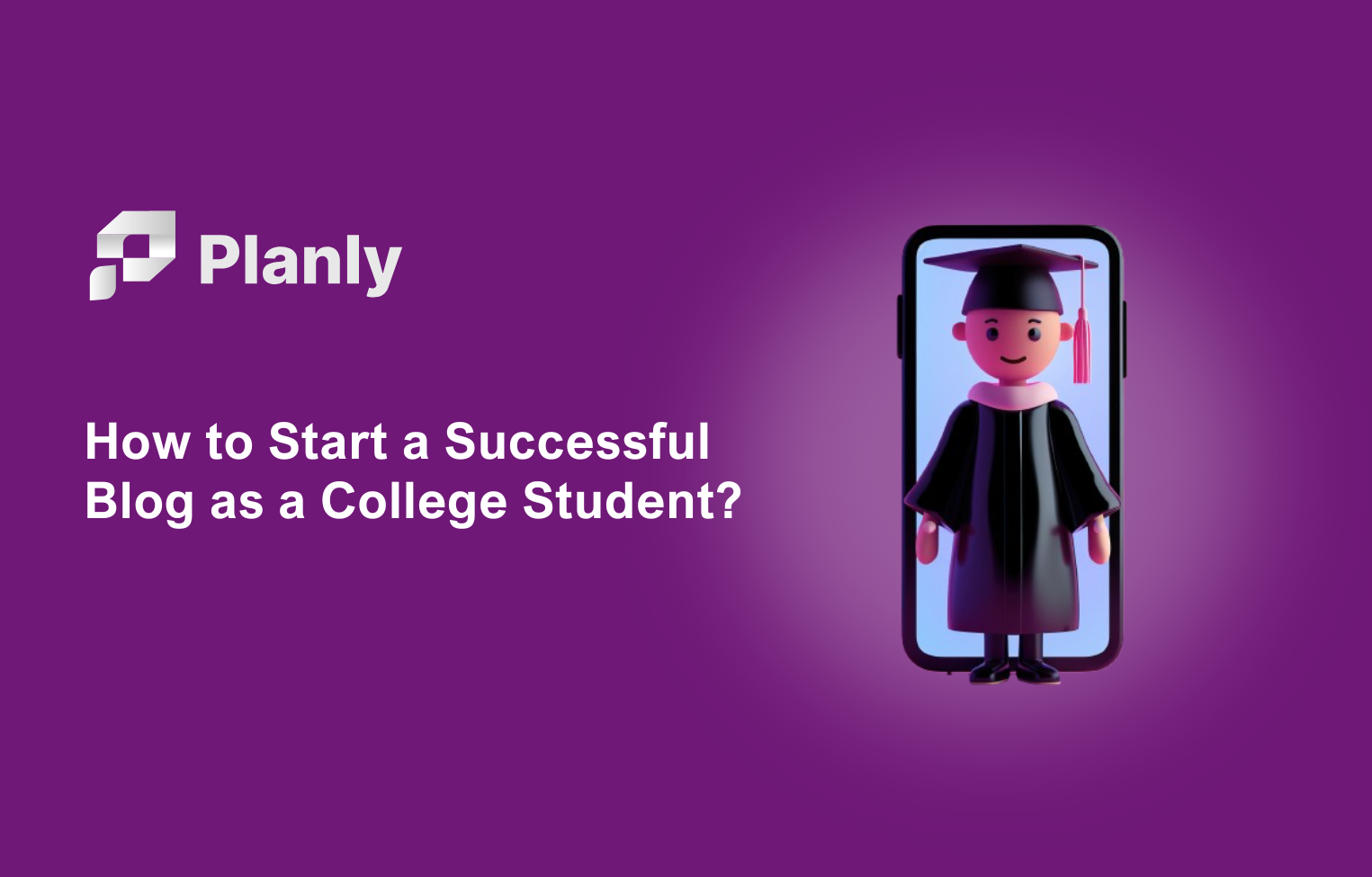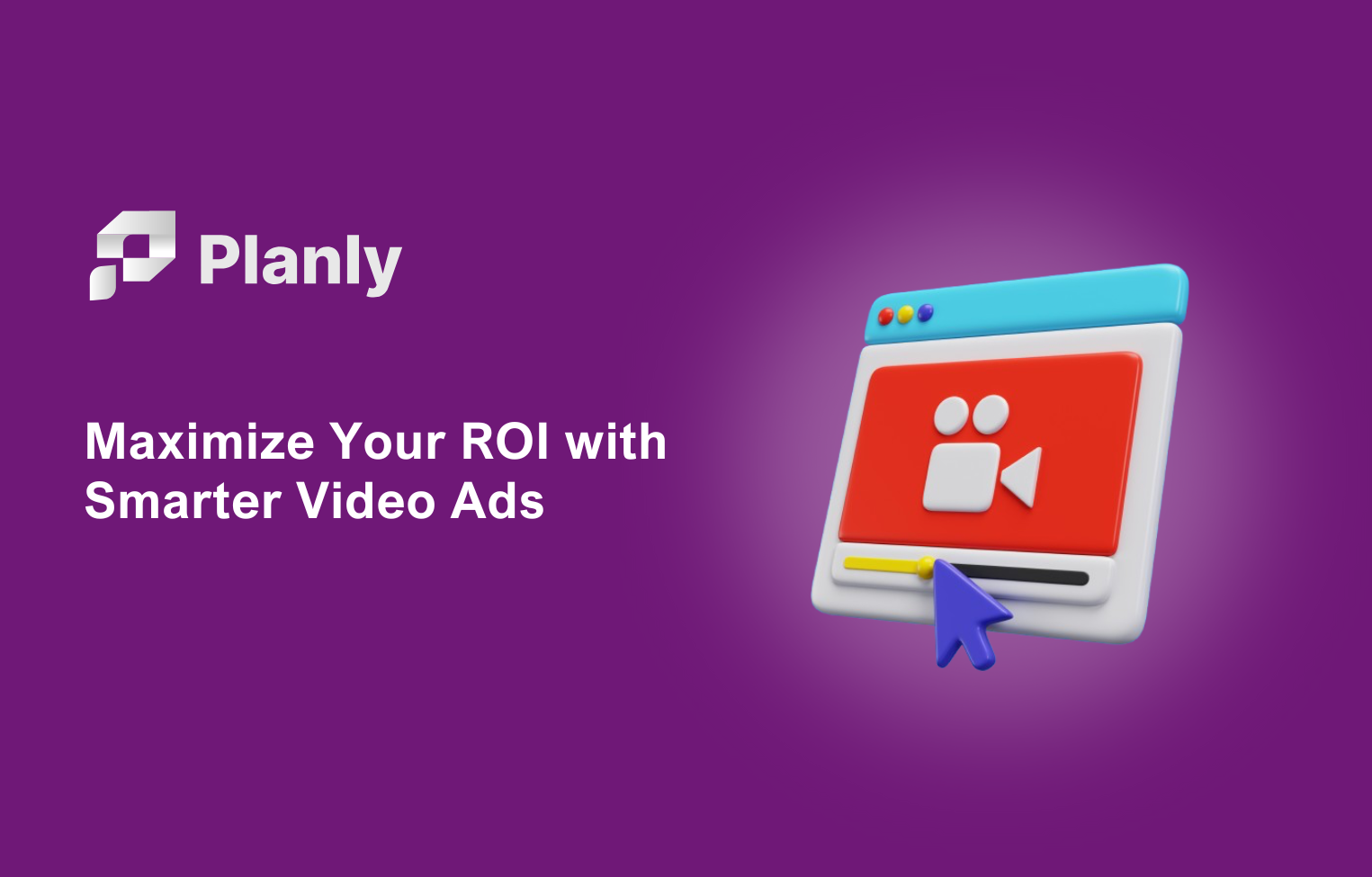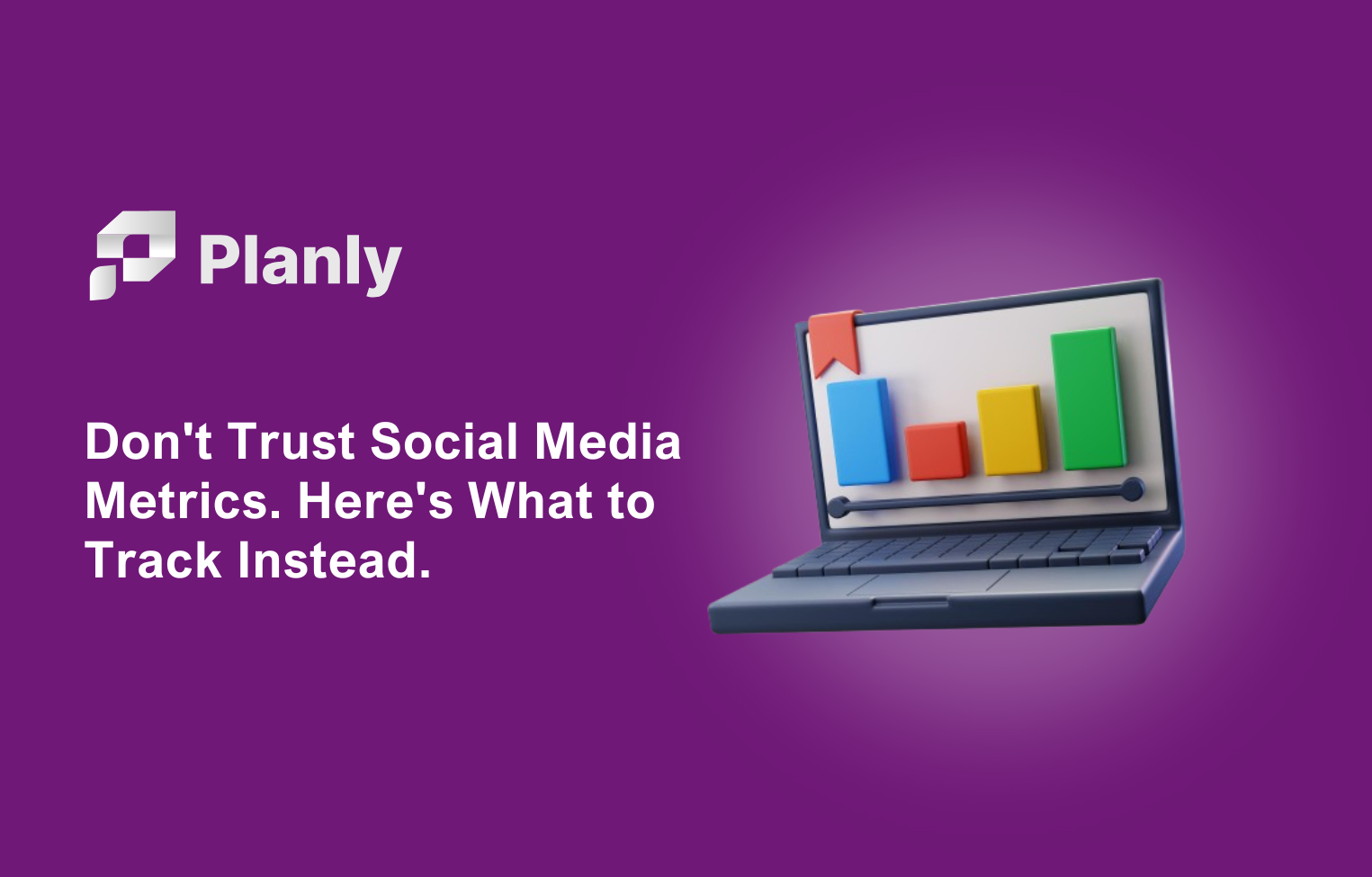So in 2024, we are highly influenced by Artificial Intelligence (AI) for a wide range of social media marketing as well. AI has been helping marketers examine large data sets, offer personalized content and engage their audience like never before. Whether streamlining content creation or enhancing customer targeting, AI technologies have quickly become vital assets for brands seeking to stand out in an increasingly crowded digital landscape. This post will introduce the different approaches AI can take to augment social media tactics — giving businesses an invaluable look at how they can better reach and engage their target demographic.AI-driven Content Creation
Generating engaging and timely content is one of the central issues social media marketers are grappling with, and this dilemma could be resolved with AI technology. In 2024AI-powered content creation tools will make it easy to automatically create engaging social posts — making marketers life easier, but also helping them save time on the process of creating manual posts and AI scheduling tools will streamline meeting planning and organize daily task prioritization to ensure that all marketing team activities run smoothly and finally help in productivity growth.
Natural Language Processing (NLP) algorithms are among the tools that can be used for analyzing extensive volumes of data to determine prevailing trends, consumer tastes, as well as sentiments. This allows marketers to produce specific content, which is more aligned with their audience base and leads you to increased engagement or a higher conversion rate.
AI-based content-creation tools also make it possible to properly optimize your interpretation for SEO, allowing your brand’s message to reach further across the web. AI algorithms can automatically do this by using right keywords to structure the content which would result in improved social media post visibility making it reach an organic reach and more website traffic.
Enhanced Customer Engagement
By 2024, AI breakthroughs will enable refined customer engagement via the social media platforms. Matured chatbots with the intelligence of Natural Language Understanding (NLU), and Sentiment Analysis are going to be more advanced in addressing customer concerns effectively – whenever wherever needed.
With AI chatbots, brands will be able to provide instant support and help their customers in a great way. For example, an organization equipped to manage multiple interactions with customers at once can help customer service reps do their jobs more efficiently and allocate human resources to more complex issues.
Moreover, AI-powered sentiment analysis will enable brands to track social media conversations around and sentiment for their products or service. Marketers can use this insight to shape their strategies and change/ evolvement of the customer care process, while benefiting from future targeting trends that could help the brand in gaining a better customer satisfaction rate. Including a Twitter scheduling app in your AI-led social media marketing plan helps you automate post scheduling as well as distributing content with peak engagement windows, while can lead to higher campaign performance.
Enhanced Targeting
Social media marketers can leverage AI-powered algorithms to get valuable information on consumer actions and preferences. AI has the power to build highly accurate customer profiles by analyzing volumes of demographic, psychographic and behavioural data, which speeds up the process of targeting.
AI-driven tools will also assist in delivering personalized content to individual users based on their preferences and behaviours. By analyzing users' past interactions and engagement patterns, AI algorithms can determine the most suitable content to showcase, fostering a stronger connection between brands and their audience.
Social Listening and Sentiment Analysis
Understanding consumer sentiment and monitoring brand mentions on social media is crucial for maintaining a positive brand reputation. In 2024, AI-powered social listening and sentiment analysis tools will become more sophisticated, enabling marketers to gain real-time insights into customer opinions, preferences, and trends.
AI algorithms analyze vast amounts of social media data, detecting sentiment shifts and identifying emerging topics or issues relevant to the brand. This valuable information allows marketers to proactively address concerns, adjust campaigns, and maximize the impact of their social media efforts.
Incorporating ChatGPT for social media can streamline communication and elevate customer engagement by addressing queries quickly and efficiently
By using AI-powered sentiment analysis tools, brands can gauge public sentiment towards their products or services continually. Marketers can then tailor their messaging accordingly, engage in proactive reputation management, and take advantage of positive sentiment to amplify their brand's reach.
Influencer Marketing

Influencer marketing has become a popular strategy for brands to connect with their target audience authentically. In 2024, AI will play a significant role in enhancing influencer marketing campaigns.
AI-powered tools can analyze influencers' audience demographics, engagement rates, and relevance to the brand. By leveraging AI algorithms for influencer selection, marketers can identify the most suitable influencers to collaborate with, ensuring maximum impact and conversions.
Additionally, AI can enhance the measurement and tracking of influencer marketing campaigns. AI algorithms can analyze the performance metrics of influencer posts, considering factors such as engagement, reach, sentiment, and conversions. This data-driven approach enables marketers to make informed decisions, optimize their strategies, and ensure a higher ROI from their influencer partnerships.
Enhanced Competitive Analysis
In addition to monitoring brand mentions and sentiment analysis, AI-powered social listening tools will provide marketers with advanced competitive intelligence. In 2024, AI algorithms will be able to track and analyze competitor activities on social media platforms, providing valuable insights into their strategies, content, and audience engagement.
By leveraging AI-driven competitive analysis tools, marketers can gain a deeper understanding of their competitors' strengths and weaknesses. This information can be used to refine their own social media marketing strategies, identify gaps in the market, and differentiate their brand in a crowded landscape.
Moreover, AI can analyze data from multiple social media platforms and channels, enabling marketers to gain a holistic view of the social media landscape. By integrating data from various sources, AI algorithms can identify emerging trends, industry influencers, and potential partnership opportunities, enhancing the overall effectiveness of social media marketing efforts.
Predictive Analytics for Social Media ROI
Measuring the return on investment (ROI) of social media marketing has always been a challenge for marketers. In 2024, AI-powered predictive analytics tools will enable more accurate and reliable ROI measurement.

By analyzing historical data and identifying patterns, AI algorithms can predict the future outcomes of social media marketing campaigns. Marketers can leverage this predictive ability to optimize their strategies, allocate budgets effectively, and make data-driven decisions.
AI-powered predictive analytics can also provide insights into customer behaviour and purchase intent. By analyzing social media interactions and engagement patterns, marketers can identify potential leads, forecast conversion rates, and tailor their messaging accordingly.
Automated Social Media Advertising
In 2024, AI will play a vital role in automating and optimizing social media advertising campaigns. AI algorithms can analyze large sets of data to identify high-performing ad formats, target audiences, and bidding strategies, maximizing the impact of advertising efforts.
Automated bidding and optimization tools powered by AI can continuously monitor and adjust ad campaign settings in real-time, ensuring that the ad spend is allocated to the most effective channels and audience segments. This dynamic optimization leads to improved ad performance, reduced costs, and higher overall ROAS.
AI can also assist in ad creative optimization by analyzing user preferences and historical performance data. By leveraging AI algorithms, marketers can generate personalized ad variations and test them in real-time, identifying the most engaging and high-converting visuals, headlines, and calls-to-action.
Smarter Social Media Listening with Visual Recognition
As social media platforms continue to evolve, visuals play a crucial role in brand communication. In 2024, AI-powered visual recognition tools will enhance social media listening capabilities, allowing marketers to analyze and understand the impact of visual content on their brand.
AI algorithms can analyze images and videos across social media platforms, identifying brand logos, products, and visual mentions. This visual recognition technology enables marketers to gain insights into user-generated content, monitor brand visibility, and assess the overall impact of their visual communication efforts.
Building on this knowledge, tools such as an AI image generator help marketers create visuals that reflect trends identified through social listening. Brands can use the insights gained from visual recognition to create images that engage and build a better brand presence on social media.
Furthermore, visual recognition can help identify influencers or brand advocates who create and share content related to the brand. This information can be utilized for influencer marketing campaigns, enabling marketers to engage with influential users and amplify brand reach.
AI-Powered Augmented Reality (AR) Experiences
The integration of AI with Augmented Reality (AR) is opening new avenues for immersive brand experiences. In 2024, AI-driven AR is revolutionizing how brands engage with their audience on social media.
AI and AR Integration
AI enhances AR features by making them more interactive and personalized. For example, beauty brands can use AI-powered AR filters to allow users to virtually try on makeup products directly within social media apps. Fashion retailers can offer virtual fitting rooms where customers can see how clothing items look on them without leaving their homes.
Benefits of AI-Driven AR
- Enhanced User Engagement: Interactive AR content keeps users engaged longer, increasing the likelihood of conversions.
- Personalization: AI tailors AR experiences to individual user preferences, creating a more personalized interaction.
- Viral Potential: Unique and engaging AR experiences are more likely to be shared, amplifying brand reach organically.
Voice Search Optimization and AI Assistants
With the rise of voice-activated devices and AI assistants like Siri, Alexa, and Google Assistant, optimizing content for voice search is becoming increasingly important in 2024.
Adapting to Voice Search Trends
AI analyzes common voice search queries related to your industry, helping you tailor your content accordingly. Voice searches tend to be more conversational and question-based, so adjusting your social media content to match these patterns can improve visibility.
Leveraging AI Assistants
- Develop Voice-Activated Content: Create content that can be accessed via voice commands, such as podcasts or audio snippets.
- Optimize FAQs: Use AI to identify frequently asked questions and provide concise, voice-search-friendly answers on your social media platforms.
- Integrate with Smart Speakers: Ensure your content is compatible with smart speakers, allowing users to access your content hands-free.
AI-Driven Video Content Creation and Analysis
Video content continues to dominate social media engagement. In 2024, AI is making it easier for marketers to create, edit, and analyze video content more efficiently.

Automating Video Production
AI-powered tools can automate various aspects of video creation:
- Smart Editing: AI can automatically select the best clips, apply transitions, and synchronize music based on the content's mood and theme.
- Personalized Content: Generate personalized video messages for different audience segments using AI algorithms.
Video Performance Analysis
- Engagement Metrics: AI analyzes viewer behaviour, such as watch time and interaction rates, to determine what content resonates.
- Content Optimization: Use insights to refine video content, focusing on elements that drive higher engagement.
Ethical Considerations in AI Usage
As AI becomes more ingrained in social media marketing, ethical considerations are paramount to maintaining user trust and complying with regulations.
Data Privacy and Compliance
- Transparency: Be open about how you collect and use user data. Clear privacy policies build trust.
- Regulatory Adherence: Ensure compliance with data protection laws like GDPR and CCPA by using AI tools that prioritize user privacy.
Avoiding AI Bias
- Algorithm Audits: Regularly review AI systems for biases that could negatively impact targeting or content delivery. Brands implementing responsible ai solutions prioritize ethical considerations throughout their marketing technology stack to ensure fair and unbiased algorithmic decision-making.
- Inclusive Data Sets: Train AI models on diverse data to ensure fair and equitable marketing practices.
AI in Social Media Security and Fraud Detection
Protecting your brand and customers from fraudulent activities is crucial. In 2024, AI enhances social media security by detecting and mitigating risks in real-time.
Bot and Fake Account Detection
AI algorithms identify patterns typical of bots or fake accounts, allowing you to remove them and maintain the integrity of your follower base.
Fraudulent Activity Monitoring
- Suspicious Behaviour Alerts: AI monitors for activities like spamming, phishing attempts, or unauthorized access, enabling swift action.
- Protecting Ad Spend: Detect click fraud to ensure your advertising budget is used effectively.
AI in Crisis Management
In the fast-paced social media environment, brands must be prepared to manage crises swiftly. AI tools provide real-time monitoring and response capabilities.
Real-Time Sentiment Analysis
- Immediate Alerts: AI detects sudden negative shifts in sentiment, alerting your team to potential issues.
- Response Recommendations: AI can suggest appropriate responses based on the context and severity of the situation.
Predictive Modeling
- Risk Assessment: AI predicts potential crises by analyzing trends and past incidents, allowing for proactive measures.
Multilingual Social Media Marketing with AI
Reaching a global audience requires effective communication across languages. In 2024, AI-powered translation tools facilitate multilingual marketing efforts.
Real-Time Translation
- Automated Translations: AI translates social media posts and user comments instantly, enabling timely interactions.Additionally, when it comes to pictures posted on social media, an AI Image Translator takes care of them as well.
- Cultural Localization: Beyond literal translation, AI adapts content to fit cultural nuances and preferences.
Enhanced Customer Support
- Multilingual Chatbots: AI chatbots can converse in multiple languages, improving customer service for international audiences.
Advanced Analytics and Reporting with AI
Deep insights are essential for refining marketing strategies. AI enhances analytics by providing comprehensive and actionable data.
Predictive Analytics
- Forecasting Trends: AI predicts future engagement trends, helping you stay ahead of the curve.
- Campaign Performance: Anticipate how different audience segments will respond to content, optimizing campaigns accordingly.
Automated Reporting
- Customized Dashboards: AI generates reports tailored to your KPIs, saving time and providing clarity.
- Real-Time Data: Access up-to-date metrics to make informed decisions quickly.
AI in User-Generated Content (UGC) Management
User-generated content is a powerful tool for building community and authenticity. AI helps manage and leverage UGC more effectively.
Content Curation
- Quality Filtering: AI sifts through vast amounts of UGC to highlight the most relevant and high-quality content.
- Content Approval: Automate the moderation process to ensure all shared UGC aligns with brand values.
Brand Mention Recognition
- Visual Recognition: AI identifies your products or logos in images and videos, even without explicit tagging, expanding your ability to engage with users.
Future Trends and Predictions
Looking beyond 2024, AI continues to evolve, bringing new possibilities to social media marketing.
Emotional AI
- Emotion Detection: AI analyzes
- facial expressions and language to gauge user emotions, allowing for more empathetic interactions.
- Adaptive Content: Adjust messaging in real-time based on emotional responses for more effective communication.
Hyper-Personalization
- Individualized Experiences: AI delivers highly personalized content to each user, increasing relevance and engagement.
- Dynamic Content Adjustment: Content adapts automatically based on user behaviour and preferences.
Integration with Internet of Things (IoT)
- Cross-Platform Marketing: AI connects social media marketing efforts with IoT devices, creating seamless user experiences.
- Data Integration: Leverage data from various devices to gain deeper insights into user behaviour.
Wrapping up
In conclusion, the integration of artificial intelligence into social media marketing is revolutionizing the way brands interact with their audiences in 2024 and beyond. By adopting AI-driven technologies, marketers can automate and personalize content creation, enhance customer engagement through intelligent chatbots and recommendation systems, refine targeting with predictive analytics, monitor brand sentiment in real-time, and optimize influencer collaborations using AI-based matching platforms.
Embracing these advancements not only provides a competitive edge but also fosters stronger, more authentic connections with target audiences. Businesses that harness the power of AI in their social media strategies are poised to achieve superior results, driving growth and success in an increasingly digital world.








